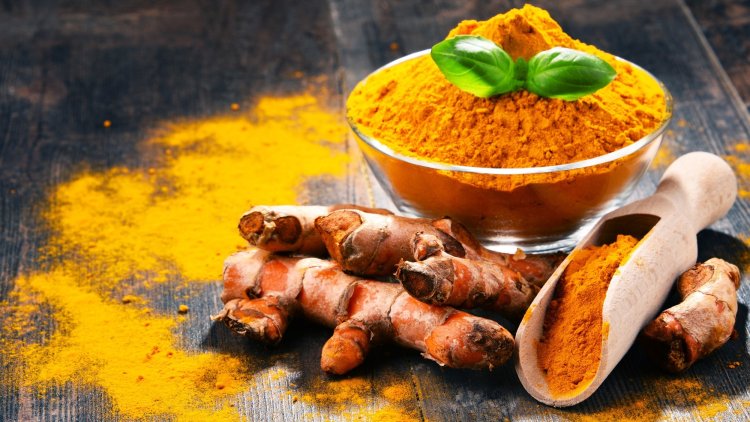All the benefits of turmeric tea!
The perennial herbaceous plant turmeric (lat. Curcuma longa) originates from tropical South Asia and belongs to the ginger family.

The perennial herbaceous plant turmeric (lat. Curcuma longa) originates from tropical South Asia and belongs to the ginger family.
Where there is ginger, there is health, we have understood so much so far, and little is known that turmeric, which is usually used as a spice, has a number of healing effects. This is primarily due to curcumin, an alkaloid that is a key ingredient in turmeric and which gives the spice known as "Indian saffron" its characteristic yellow color. Consuming tea with this spice can significantly improve your health!
Turmeric also contains a significant amount of vitamins A, C, E, and B vitamins (especially B3 and B6), then minerals such as potassium, magnesium, copper, manganese, iron, etc. It is rich in antioxidants, and 100 grams of this powder contains about 60 grams of carbohydrates, six grams of protein, 10 grams of fat, three grams of sugar, 20 grams of fiber ... In the required amount, as much as 40 milligrams, it contains sodium. Because of all this, turmeric has a powerful effect on health.
What is curcumin good for?
- It contains compounds that have anti-inflammatory action
- It contains compounds that have antibacterial, antiseptic, and antiviral effects
- Several studies have shown that curcumin improves heart health, and one study found that its intake in postmenopausal women is as useful as exercise!
- Stimulates the flow of bile into the gastrointestinal tract
- Reduces the prevalence of nervous bowel syndrome and symptoms such as abdominal pain and discomfort in patients diagnosed with this condition
- It has a strong antioxidant effect, which neutralizes free radicals and prevents their reaction with fatty acids and proteins
- Animal studies have shown that curcumin increases levels of neurotrophic brain factor, a secretory protein whose lower levels have been linked to brain disorders such as Alzheimer's disease.
- It is considered excellent cancer prevention because it contributes to the destruction of cancer cells, reducing angiogenesis and metastasis.
- In a study by Indian scientists a few years ago, sixty people diagnosed with depression were divided into three groups: One drank Prozac, the other one gram of curcumin, and luckily both after six weeks showed that those who drank only curcumin showed progress similar to patients who used Prozac-based therapy, while those who drank the combination had the best results!




























